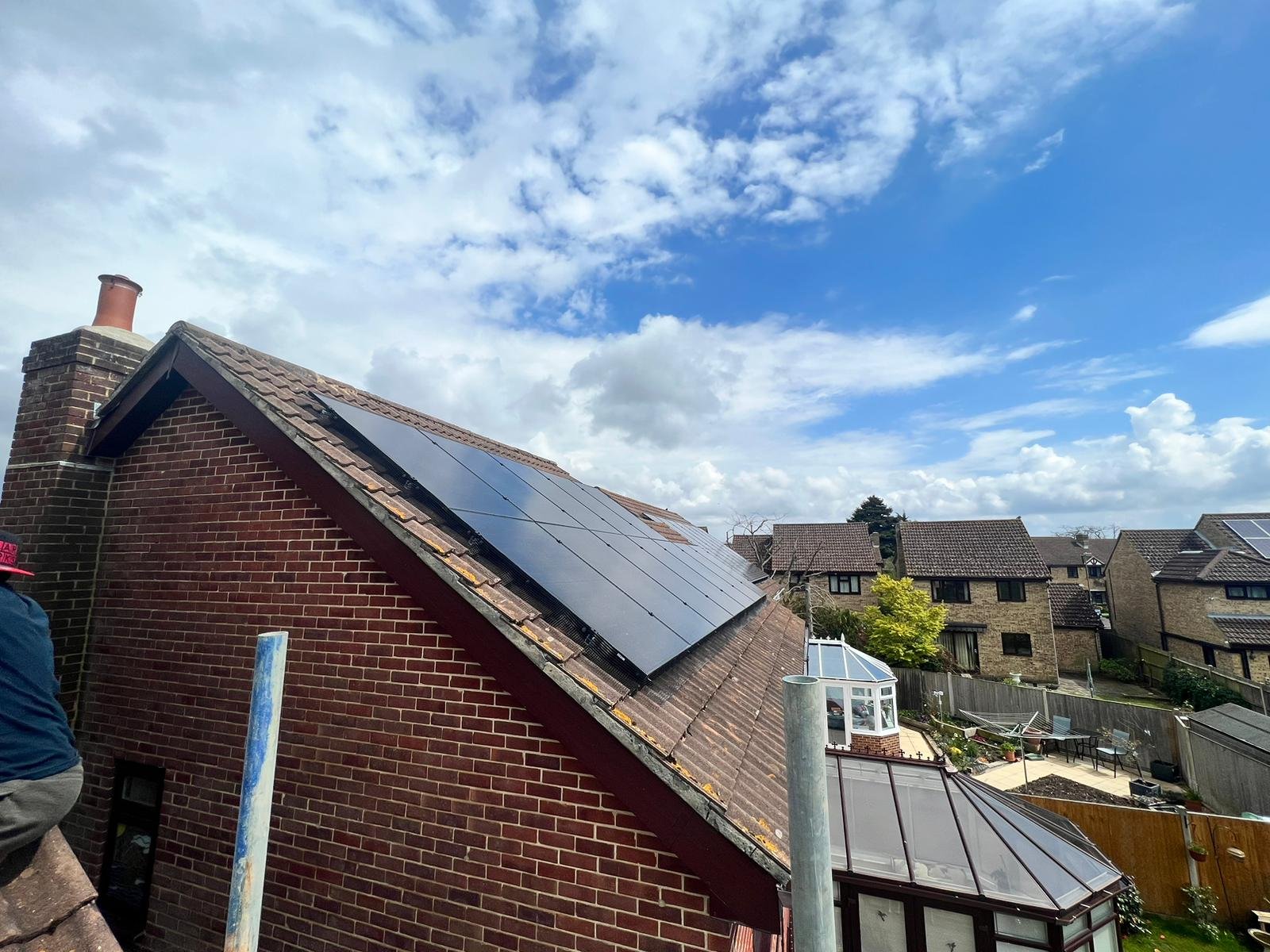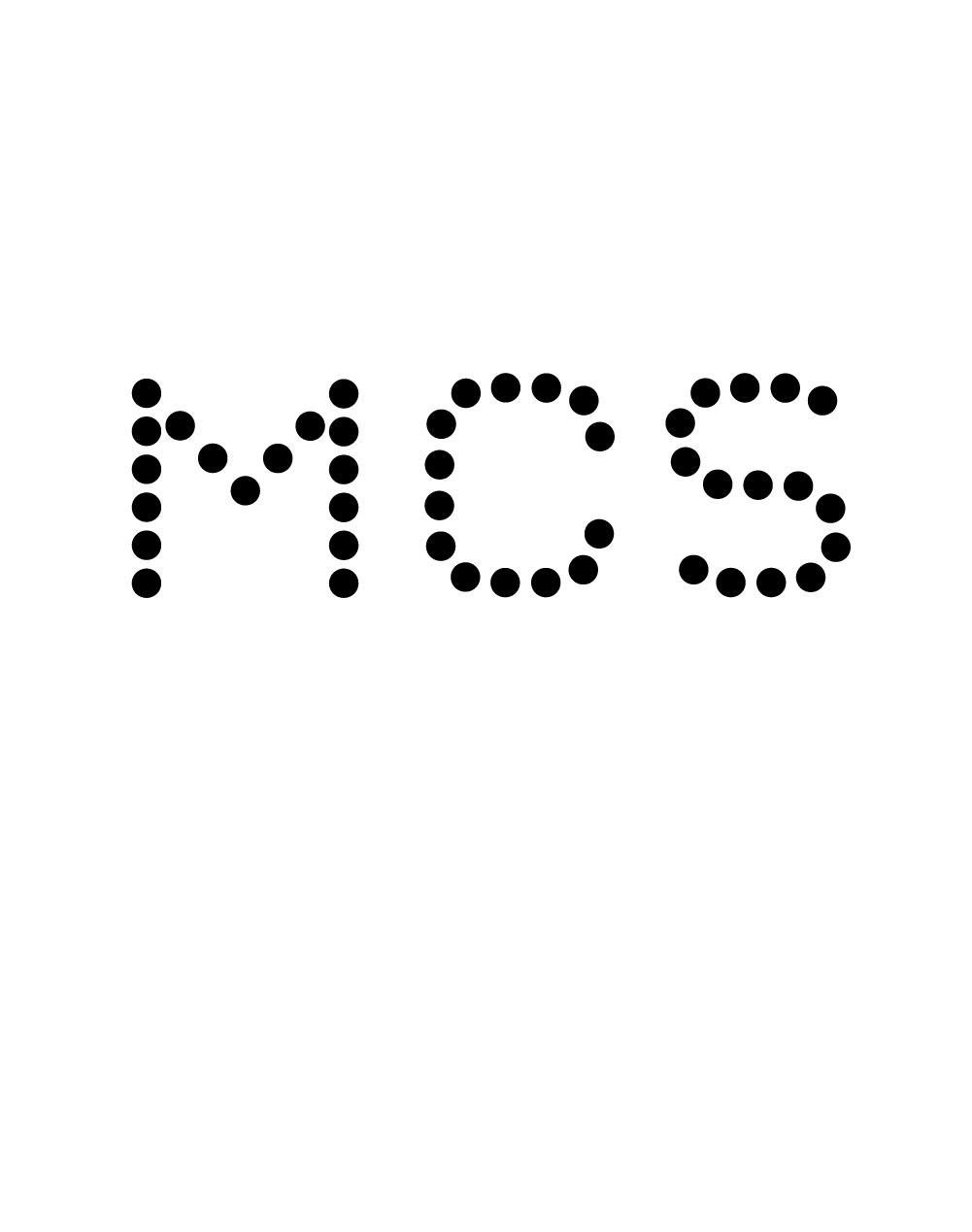Martin Lewis on Solar Panels UK: Insights and Advice
Martin Lewis Advocates Solar Power, but Urges Caution on Debt-Based Panel Offers
Martin Lewis, the face behind the Money Saving Expert website, recently discussed the advantages of installing domestic solar PV (Photovoltaic) panels on the Jeremy Vine show on BBC Radio 2. He emphasized the benefits, such as annual savings of around £100 on electricity bills, an average Feed-in Tariff (FIT) payment of £800, and the overall solar panels cost. While endorsing ‘free’ solar installations offered by some green energy firms and suppliers, Lewis warned against schemes that function more like loans, requiring payment for the panels and installation.
What does Martin Lewis Have To Say About Solar Panels?
Overall, Martin Lewis does recommend solar panels, but he has a few warnings about which way you choose to get them installed.
According to Lewis, excess electricity generated can be fed back into the national grid, and the payment for this exceeds the cost of obtaining electricity from the grid. Additionally, the Smart Export Guarantee (SEG) allows homeowners to sell surplus electricity back to the grid, providing further financial returns. This surplus electricity can result in a total gain of around £900 annually, making the £12,000 investment in panels and installation financially lucrative over the 25-year guaranteed FIT period.
However, Lewis acknowledged potential risks, such as the need for panel maintenance and the possibility of future reductions in the FIT. He cautioned against companies offering ‘free’ panels but retaining the FIT payments, as well as those employing a debt-based system where the homeowner finances the installation costs.
Highlighting the newness of solar technology and the limited feedback available, Lewis stressed the investment-like nature of solar panel adoption, indicating inherent risks and uncertainties. Issues like roof structural support, the importance of using MCS certified companies and installers, and the eligibility criteria for FIT, including home energy efficiency measures, were also discussed during the show.
Despite the potential benefits, Lewis emphasized the need for careful consideration due to the evolving nature of solar technology and its long-term commitment. To estimate potential savings and earnings from solar PV panels, you can use our cost calculator estimate tool.
In summary, while Martin Lewis supports the adoption of solar power, he advises consumers to tread cautiously, especially when considering ‘free’ panel offers and debt-based financing, emphasizing the importance of thorough research and awareness of potential risks.
What about solar panel government grants?
Solar panels for homes can be accessed with new government grants, such as ECO4, HUG2, and more. An average solar panel system, such as a standard 4kW system composed of 16 panels, can add considerable weight to a roof, highlighting the need for homeowners to assess their roof's sturdiness before making a purchase.
These can be hugely beneficial, however, the requirements to access these grants are limiting. To qualify, you must have a low EPC rating, a low household income or be a recipient of benefits, and be in specific postcodes. To find out more and see if you qualify, click here to learn more about solar panel funding.
Benefits of Solar Panels
Environmental and Economic Advantages
Solar panels offer a multitude of benefits that extend beyond just cutting down on electricity bills. Environmentally, they play a crucial role in reducing our reliance on fossil fuels, which are major contributors to greenhouse gas emissions. By harnessing the power of the sun, solar panels generate clean, renewable energy, significantly lowering your carbon footprint. Economically, the energy produced by solar panels is free once the system is installed, leading to substantial savings over time. Homeowners can see a noticeable reduction in their electricity bills, making solar panels a smart financial investment as well as an eco-friendly choice.
Long-term Savings and Energy Independence
One of the standout advantages of installing solar panels is the promise of long-term savings and energy independence. Solar panels typically have a lifespan of 25 years or more, during which they continuously generate electricity, reducing your dependence on the grid. This not only translates to lower energy bills but also provides a buffer against rising electricity costs. Additionally, with the integration of battery storage systems, any excess solar energy produced during the day can be stored and used at night or during power outages. This capability ensures a steady supply of electricity, granting homeowners a level of energy independence that is both financially and practically beneficial.
How Do Solar Panels Work?
Basic Principles and Technology
At the heart of solar panel technology is the photovoltaic (PV) process, which converts sunlight directly into electricity. Solar panels are composed of numerous small photovoltaic cells, typically made from silicon, a semiconducting material. When sunlight strikes these cells, it excites the electrons, creating an electrical current. These individual cells are interconnected to form a solar panel, and multiple panels can be linked together to form a solar panel system. The generated direct current (DC) electricity is then passed through an inverter, which converts it into alternating current (AC) electricity, the type used in homes.
Conversion of Sunlight to Electricity
The magic of solar panels lies in their ability to transform sunlight into usable electricity. When sunlight hits the photovoltaic cells, it energizes the electrons in the silicon, causing them to move and generate an electrical current. This current flows through the cells and is collected by wiring within the panel. The DC electricity produced is then sent to an inverter, which converts it into AC electricity. This AC power can be used to run household appliances, charge batteries for later use, or even be fed back into the grid, providing a versatile and efficient way to harness solar energy.
Government's Commitment to Sustainable Energy:
Martin Lewis, a strong advocate for sustainable energy, highlighted the government's commitment to incentivize solar power through the Feed-in Tariff (FIT) for 25 years. This commitment provides homeowners with a stable and long-term source of income, making solar panel installations an attractive option for those looking to contribute to a cleaner environment while enjoying financial benefits.
Financial Incentives:
Lewis emphasized the tangible financial gains associated with solar PV installations. Homeowners stand to save approximately £100 annually on their electricity bills, coupled with an average FIT payment of £800. This dual benefit not only promotes energy independence but also offers a substantial yearly return on investment, contributing positively to household finances.
Economic Gain Over Time:
Lewis broke down the financial aspect of solar PV installations, showcasing the potential £900 total gain per year. While acknowledging the initial investment of £12,000 for panels and installation, he illustrated how this expense could turn into a significant economic gain over the 25-year period, reinforcing the notion that solar power is not just an environmentally friendly choice but a financially savvy one in the long run.
Environmental Impact:
Beyond financial gains, Lewis reiterated the environmental benefits of solar power. By generating electricity from a renewable source, homeowners contribute to reducing carbon emissions and mitigating climate change. This positive impact on the environment aligns with broader efforts to transition toward sustainable energy solutions, creating a sense of fulfillment for individuals adopting solar technology.
Government Support for Renewable Energy:
While acknowledging the potential for policy changes, Lewis highlighted the government's overarching support for renewable energy. The FIT, designed to encourage the adoption of solar technology, reflects a commitment to fostering a sustainable and eco-friendly future. This support adds an extra layer of assurance for individuals considering solar PV installations, emphasizing the government's dedication to a cleaner energy landscape.
Technological Advancements:
Despite being a relatively new technology, solar panels have seen significant advancements. In addition to solar PV panels, solar thermal panels have also seen significant advancements, providing an efficient way to heat water for homes. Lewis acknowledged the progress made in the last 40 years, noting that solar panels are now a viable and efficient alternative to traditional electricity supplies. This acknowledgment of technological improvements instills confidence in the reliability and effectiveness of contemporary solar PV systems.
Contact us to arrange a free, no obligation quotation
from our friendly team. We'll get back to you within one working day.
See Our Solar and Battery Installation Services in Action
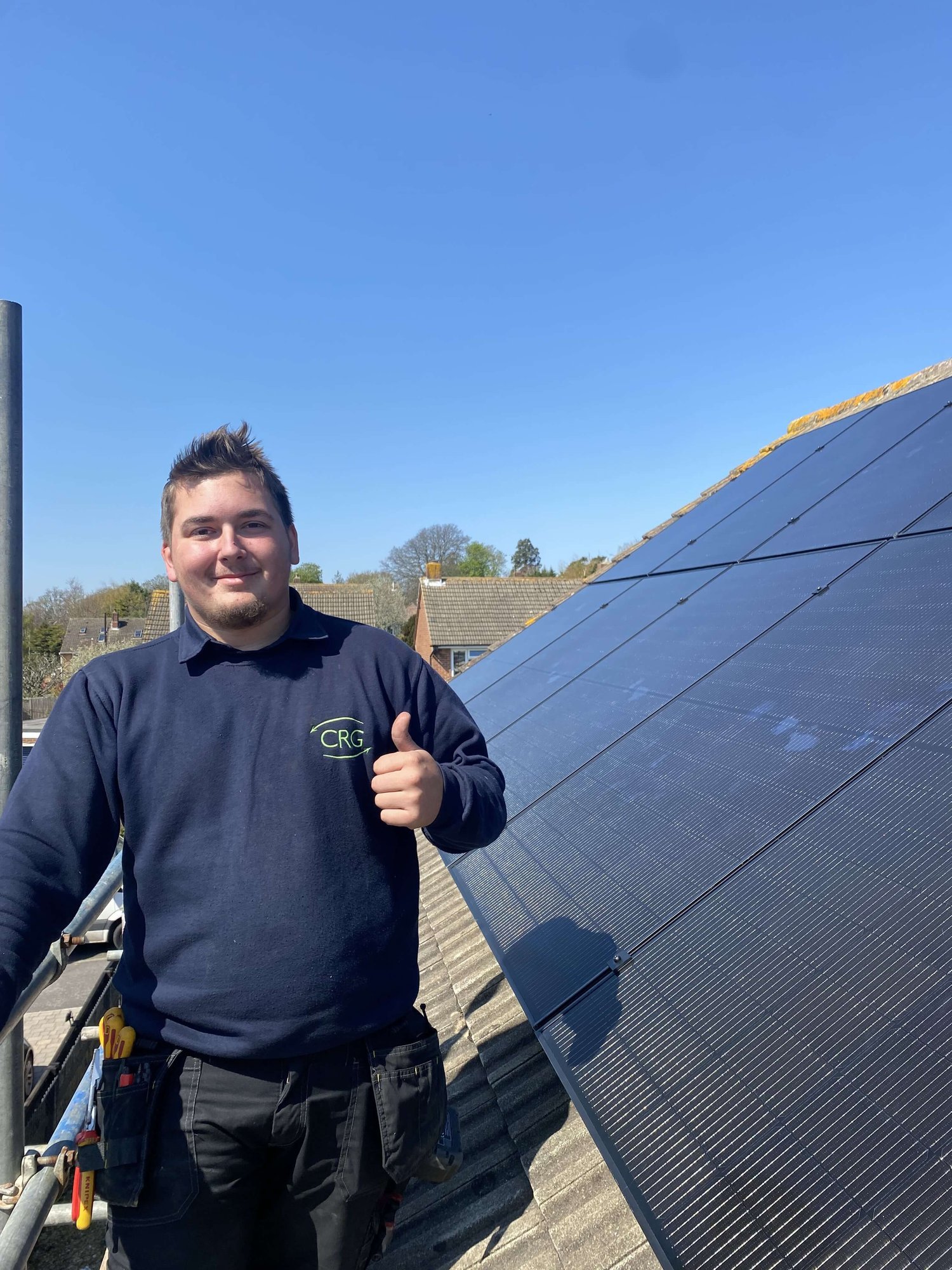

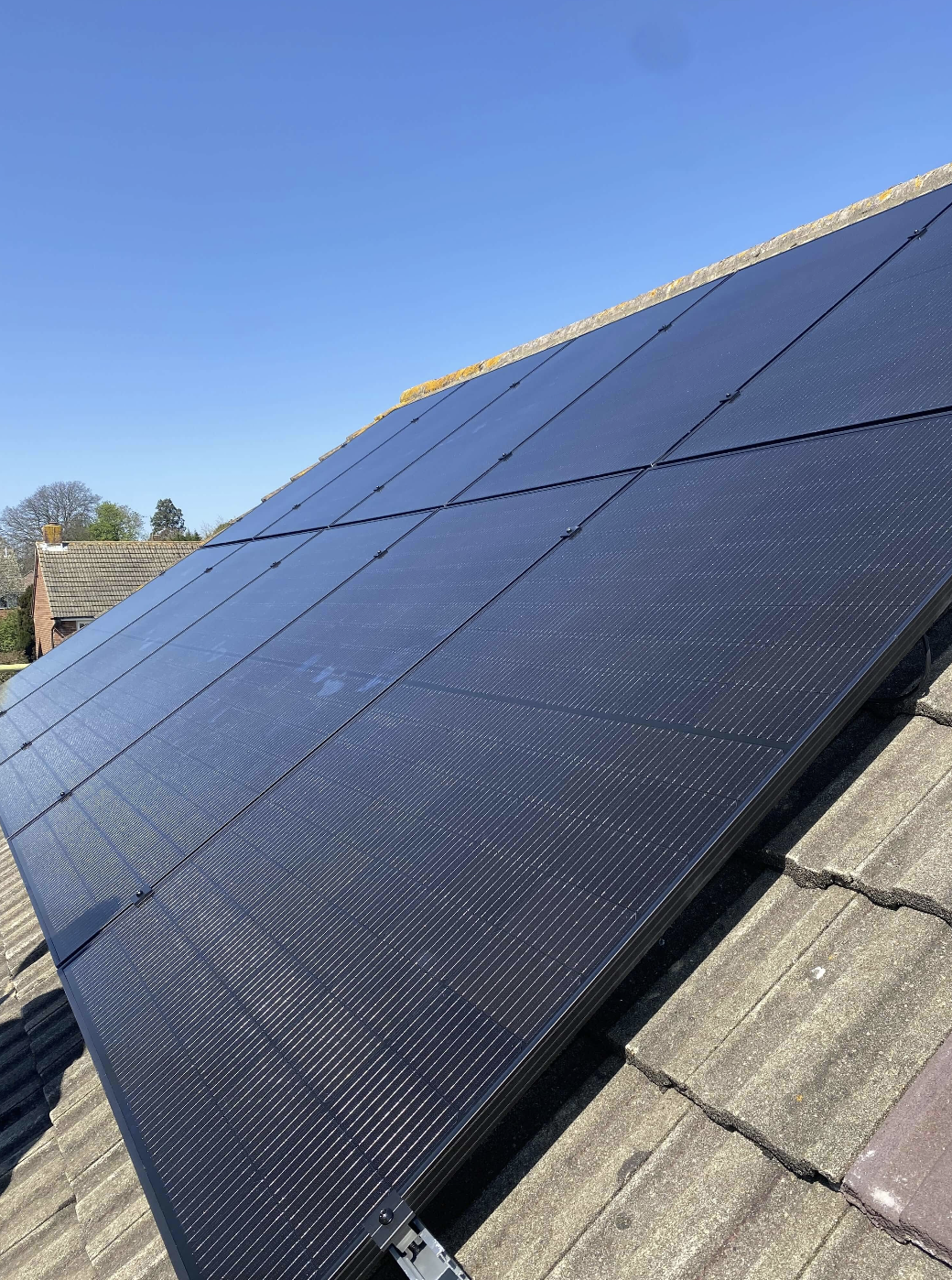
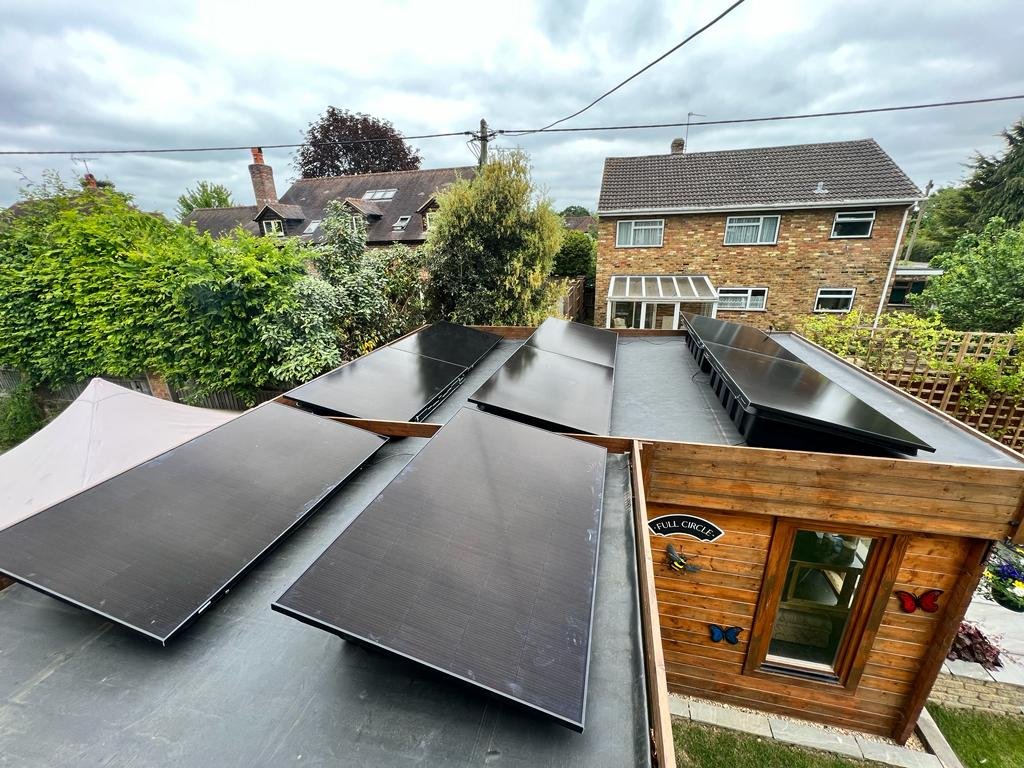
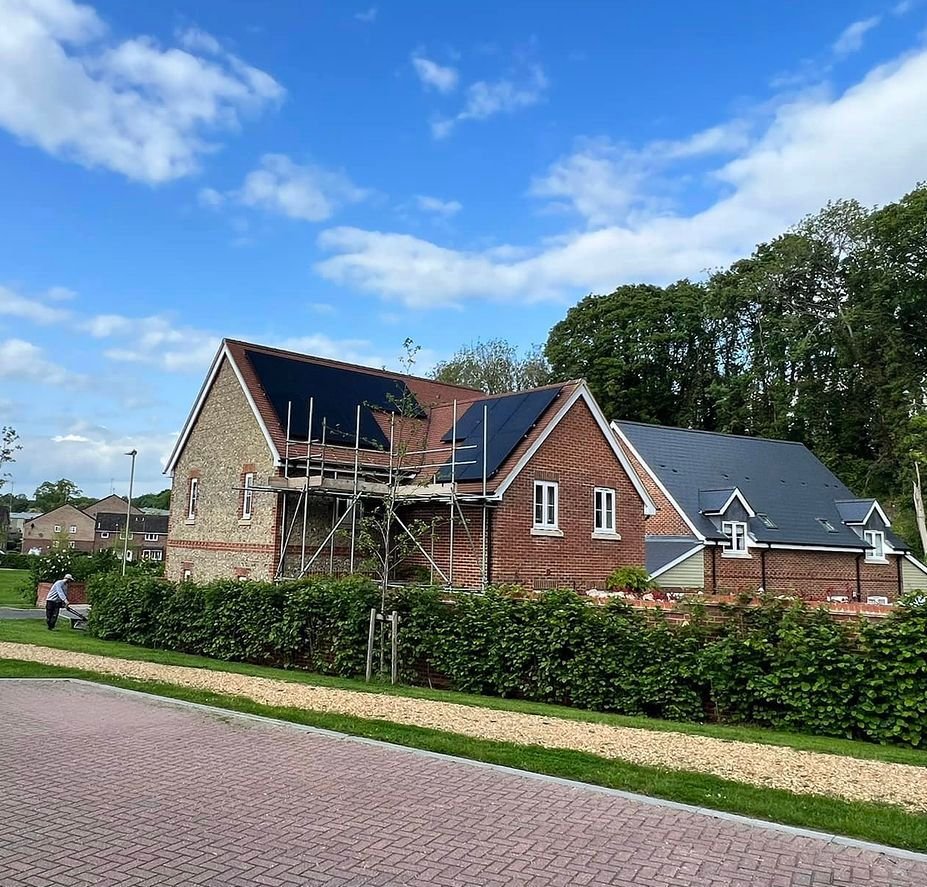
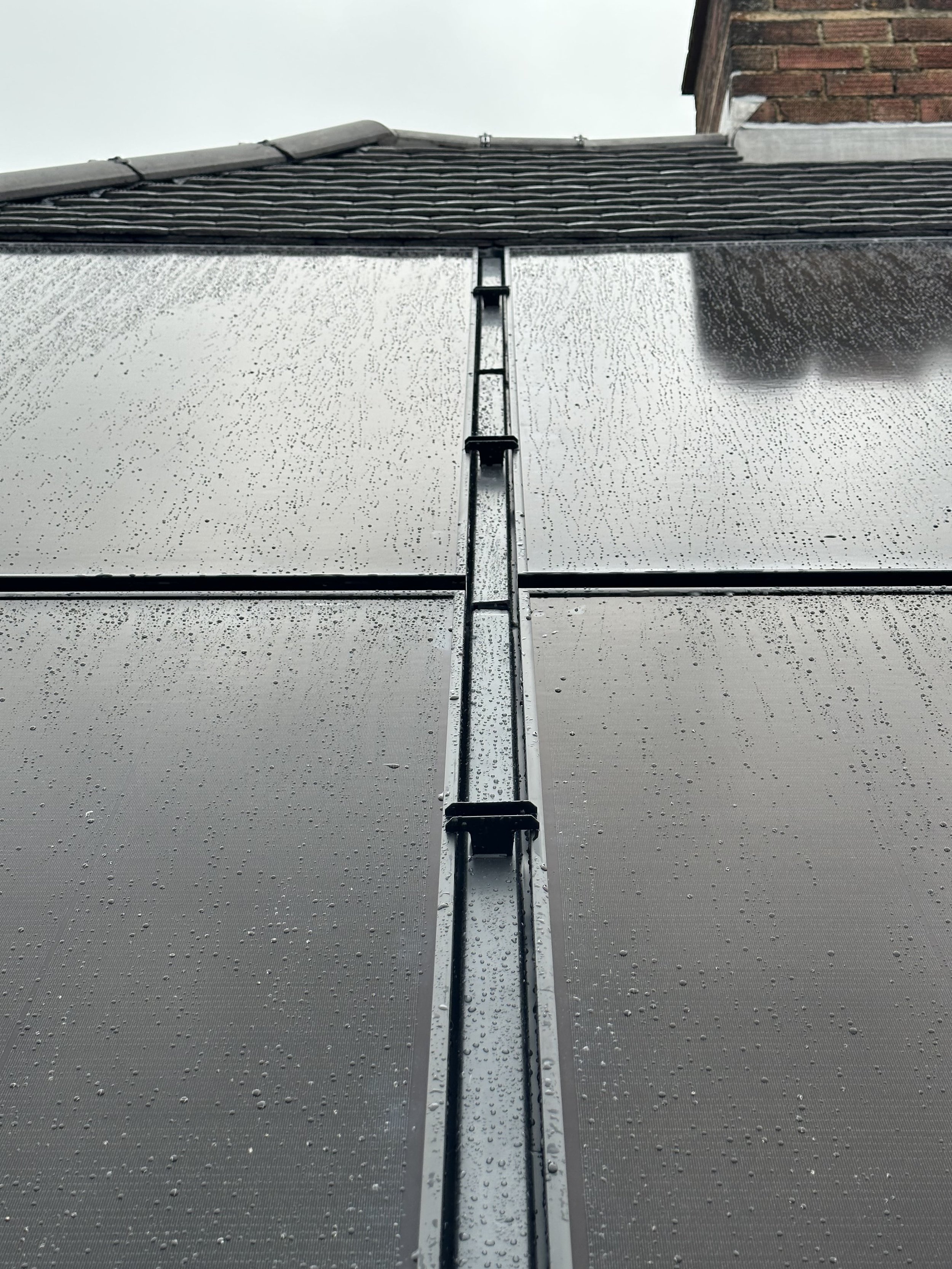
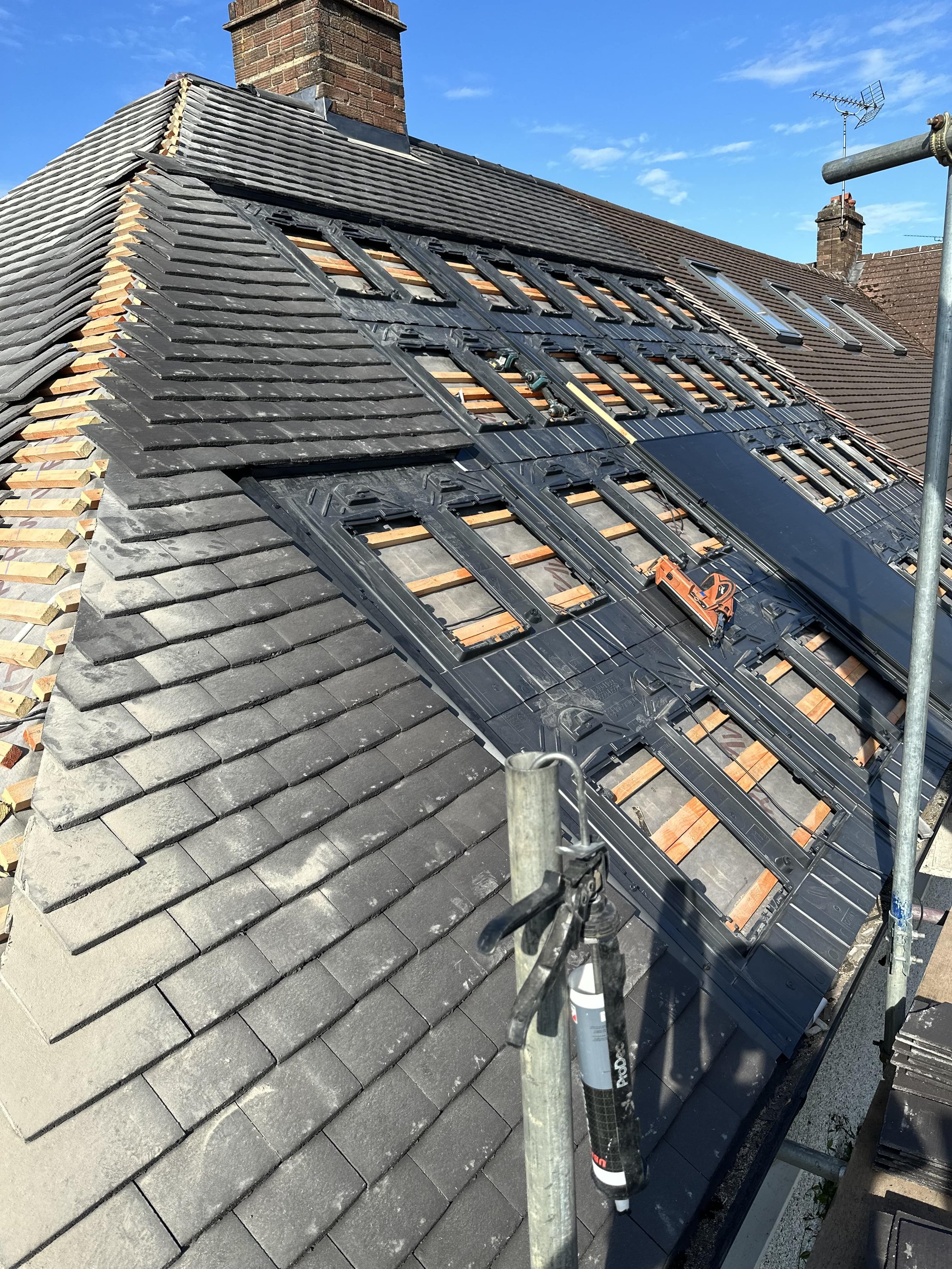
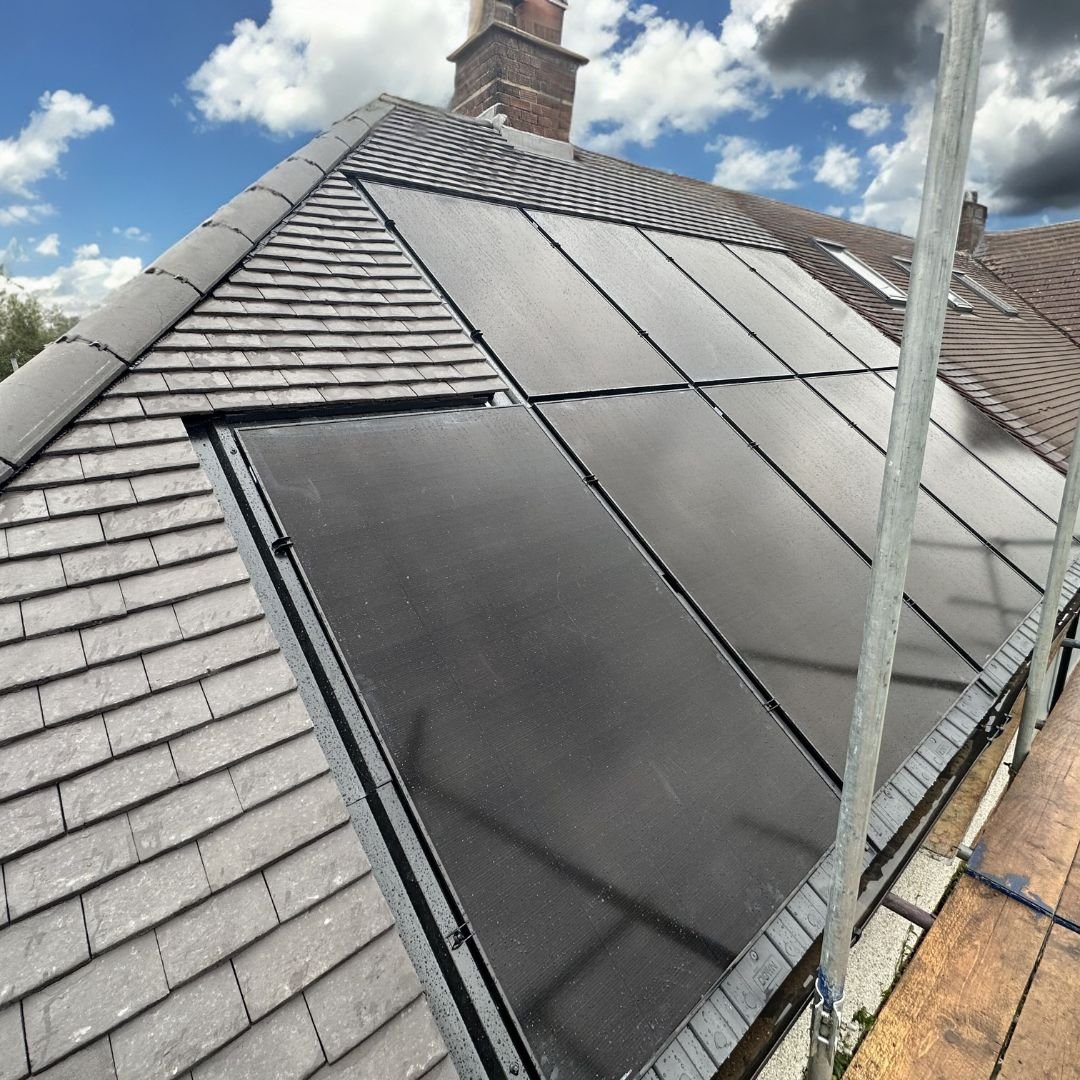
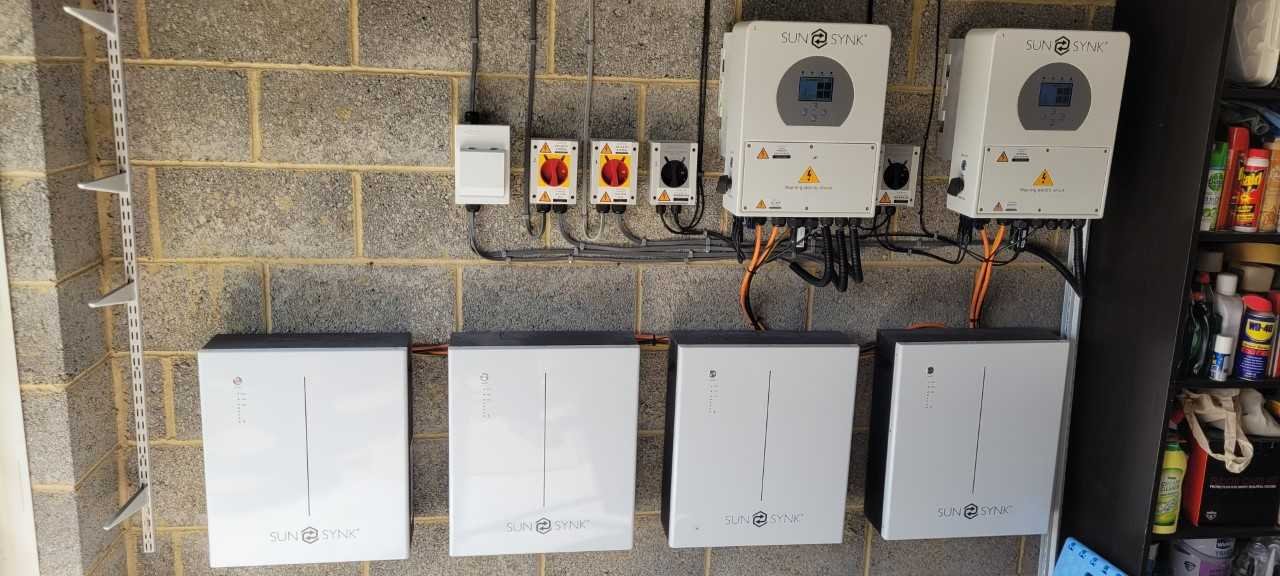
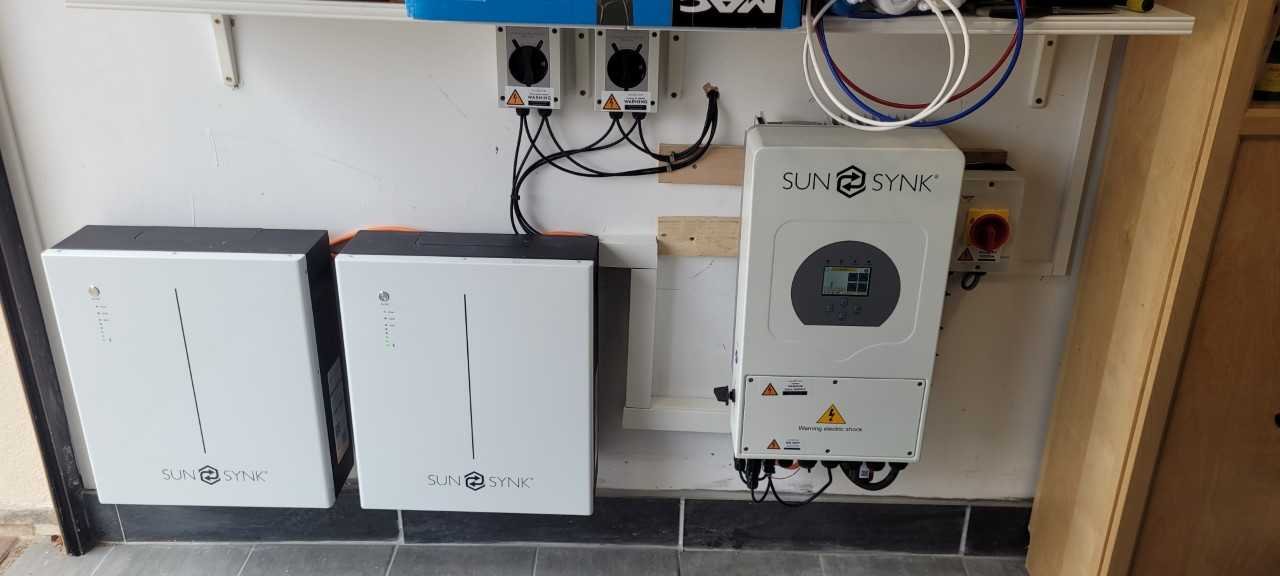
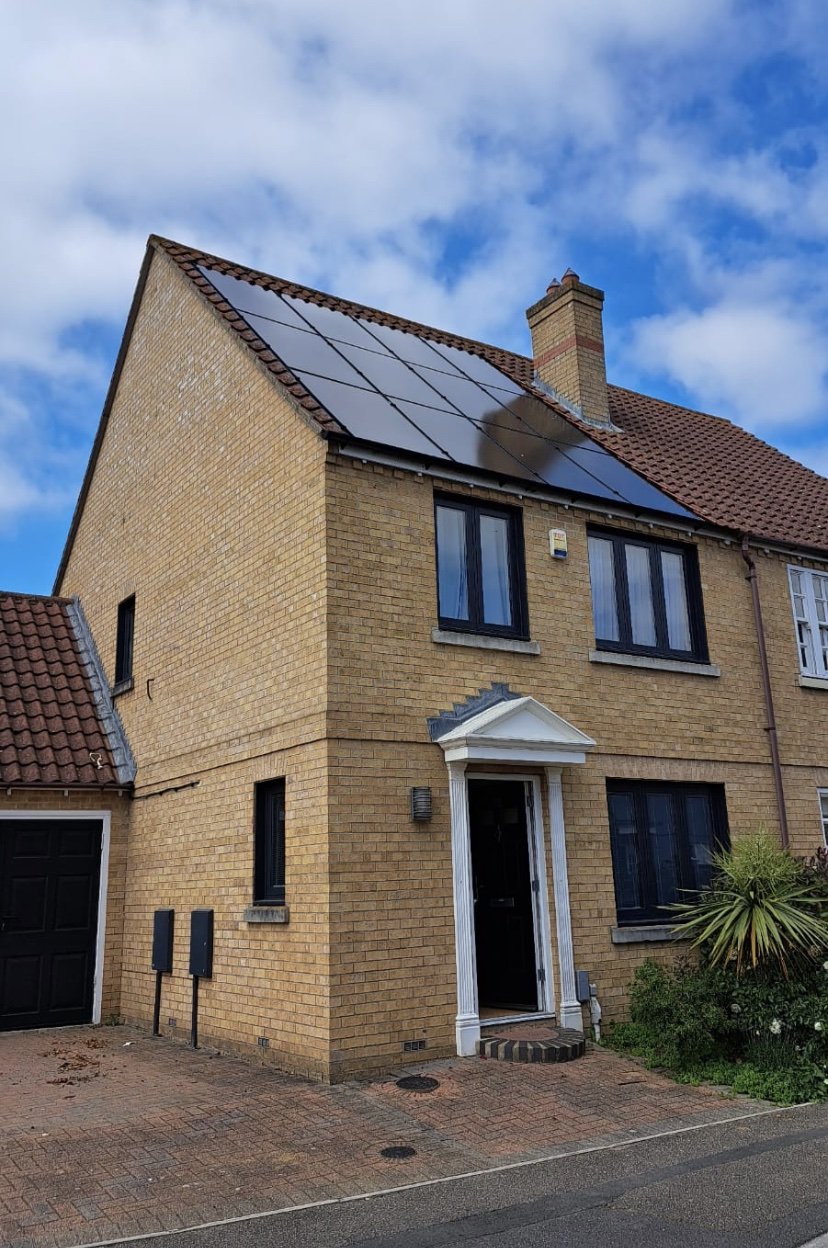
Solar Panel Installation and FAQ’s
Getting Started with Solar Panels
Dive into the world of solar panel installation with insights into flat roof setups, possible energy savings, how it works, panel options, and more.
Solar Panel Installation and Types
Discover how to participate in the SEG scheme and navigate planning permissions in the UK while exploring the essential concept of DNO approval for a seamless solar panel experience.
Find the best system size for your needs ☀️
Reliable Solar & Battery Services for Your Home
With CRG, you can be sure you’re getting the best results at a cost-effective price. Our highly-rated commercial solar installation services include the following:
Learn more about how our experienced solar energy professionals can help you — simply request a free quote online or call us on 0333 253 3531 today.
Read our great reviews.
From quote to after care we found CRG professional… From start to finish we found CRG helpful, professional and the workmanship excellent.






